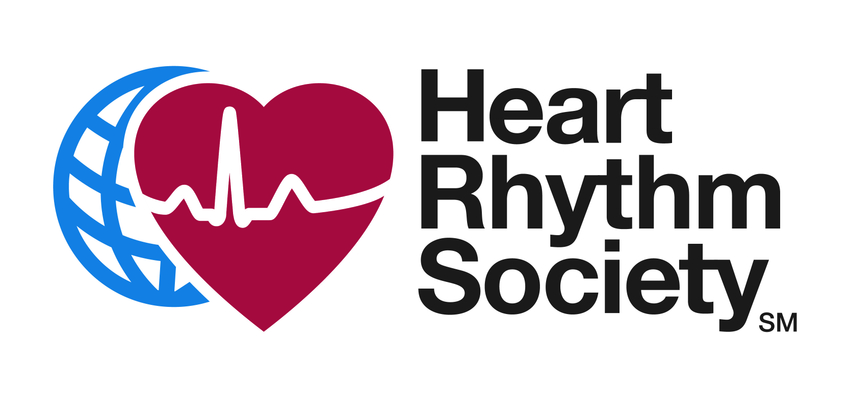Study: Women face higher mortality risk than men for postop atrial fibrillation after cardiac surgery

Editor's Note A recent study from two tertiary care centers highlighted significant sex differences in long-term outcomes after cardiac surgery, especially concerning postoperative atrial fibrillation (postopAF), MedPage August 21 reports. The study, published in JAMA Network, found that while women were less likely than men to develop postopAF following a…
FDA announces Class 1 recall for chest compression devices

Editor's Note The US Food and Drug Administration (FDA) has designated Defibtech, LLC’s recall of RMU-2000 ARM XR Chest Compression Devices as Class 1, the most severe category indicating serious risk of injury or death. A motor issue could stop compressions in adults whose hearts suddenly stop, according to the…
Study shows safety, effectiveness of cardiac electrophysiology procedures in ASCs

Editor's Note This new multicenter study published by the Heart Rhythm Society on August 5 found that ambulatory surgery centers (ASCs) offer a safe and effective setting for performing various cardiac electrophysiology procedures, including catheter ablation (CA). The research, which retrospectively analyzed 4,037 procedures, highlights the viability of ASCs as…
Study: Intraoperative DEX infusions effectively manage diabetes in cardiac surgery patients

Editor's Note Intraoperative infusion of dexmedetomidine (DEX) could help improve glycemic control and reduce insulin requirements in diabetic patients undergoing cardiac surgery, according to a July 25 article in Medical Dialogues. The article focuses on a prospective observational study published in the journal Annals of Cardiac Anesthesia. The study included…
Study: Secondary conditions go unaddressed in female heart surgery patients

Editor's Note Female patients undergoing heart surgery are less likely than male patients to have concomitant procedures—that is, having additional ailments addressed during cardiac procedures—despite guidelines recommending such treatments, according to two studies led by Michigan Medicine. News-Medical.Net reported the news June 28. The first study, involving over 5,000 patients…
FDA announces Class 1 recalls for ventilators, LVAS monitors

Editor's Note The US Food and Drug Administration has announced class 1 recalls—the most severe category indicating risk of serious injury or death—for Abbot Medical’s HeartMate System Monitor and Philips Respironics OmniLab Advanced+ (OLA+) ventilator. According to the agency’s June 28 report, the recall of the HeartMate System Monitor, part…
Study: Transcatheter aortic valve replacement offers similar outcomes to surgical aortic valve replacement

Editor's Note The largest scale analysis so far available comparing surgical aortic valve replacement (SAVR) to longer-term percutaneous devices for transcatheter aortic valve replacement (TAVR) supports the comparable long-term safety and efficacy of the latter procedure. According to a May 15 report in Medical Xpress, the findings raise important considerations for valve…
Heart pump recall, lack of donor organs create concern for heart failure patients

Editor's Note The lack of available hearts for transplantation combined with the recent recall of Abbott’s HeartMate 3 left ventricular assist device (LVAD) “makes the current therapy landscape for heart failure much more dire,” according to a May 20 report in Medical Device Network. The recall of the device, which…
Long-lasting heart valves poised to set world record

Editor's Note More than 45 years after surgery, Mary Ann Kozlowski’s mechanical heart valves are still pumping—and Guinness is reviewing an application to list her as the new world record-holder for longevity of a double-valve replacement. That’s according to a May 15 report in the Erie-Times News, which detailed how…
Joint Commission identifies most cited certification performance requirements

Editor's Note Recognizing that complying with some standards is more difficult than complying with others, The Joint Commission regularly evaluates which areas are most difficult so it can tailor education accordingly. To that end, a May 7 report reveals the top 5 most frequently cited elements of performance (EPs) in…

 Free Daily News
Free Daily News